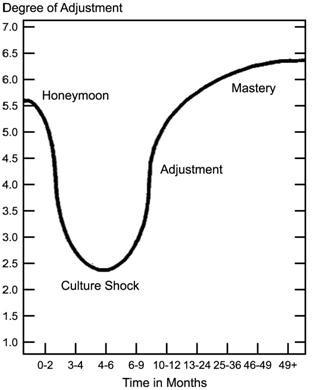Intercultural communication theories
Chapter 1: Intercultural communication and competence
Intercultural communication is a widely researched field of human behaviour, and several prominent academics have developed theories based on the research. Some of the most well-known include Geert Hoftstede, Richard Lewis, Erin Meyer and Fons Trompenaars. Interestingly, the anthropologist Kalervo Oberg, who coined the term ’culture shock’ in the 1950s, was of Finnish descent.
This is an interdisciplinary field of research that combines communications theory, psychology, anthropology, and sociology. Discussion and opinions on the scope and content of intercultural communication vary. Intercultural competence is a sum of many factors, including but not limited to language skills, social skills, and cultural knowledge. Several elements, such as knowledge, motivation, emotion, and skills, contribute to one’s level of intercultural competence. This can also change with time and based on one’s own experiences.
In today’s global world, it is evident that one can communicate better and thrive in international situations, when one has at least some basic knowledge and understanding in this topic.
Intercultural theories and tools
Many of the researchers have developed tools for self-learning, organisational development, etc. to support intercultural encounters in working, studies, and everyday lives. They are used in various ways within communities, education, companies, etc. Much of the information in this toolkit is also based on these theories or variations of them in one way or another.
Below is a list of further resources for increasing intercultural awareness and understanding.
- Darla K. Deardorff’s Intercultural Competence Model and biography
- Geert Hofstede’s website and consultancy Hofstede Insights
- Richard Lewis’ website Crossculture and online tool Culture Active
- Erin Meyer’s website and resources
- Fons Trompenaars’ company website
- Spaces for Intercultural Learning project
- William B. Gudykunst, Cross-cultural and Intercultural Communication, Sage Publications (2003)
- Edward T. Hall, Beyond Culture, Anchor Books (1976)
- Kalervo Oberg, Cultural Shock: Adjustment to New Cultural Environments, Practical Anthropology (1960)
